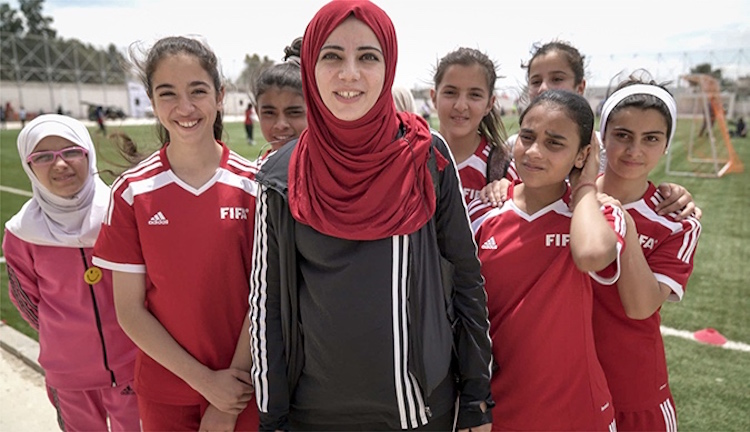Viewpoint by Dr. Teruo Hirose *
TOKYO (IDN) – Under the influence of my father, who was a post-war liberal in Japan, senator, Vice-Minister of Education and Parliamentary Secretary when Prime Minister Shigeru Yoshida signed the San Francisco Peace Treaty in 1952, I also aimed to become a diplomat to bring about peace in the societies of the world. However, I soon began to aspire to becoming a physician, which I saw as a profession that could save more lives than just one person. SPANISH | GERMAN | HINDI | JAPANESE


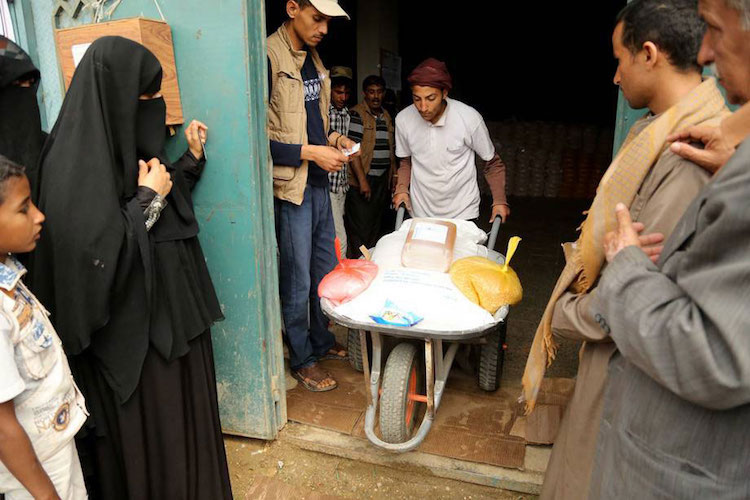


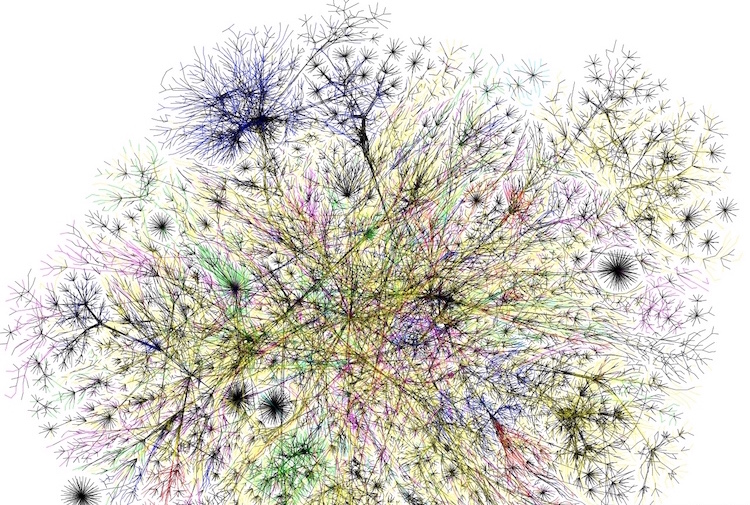
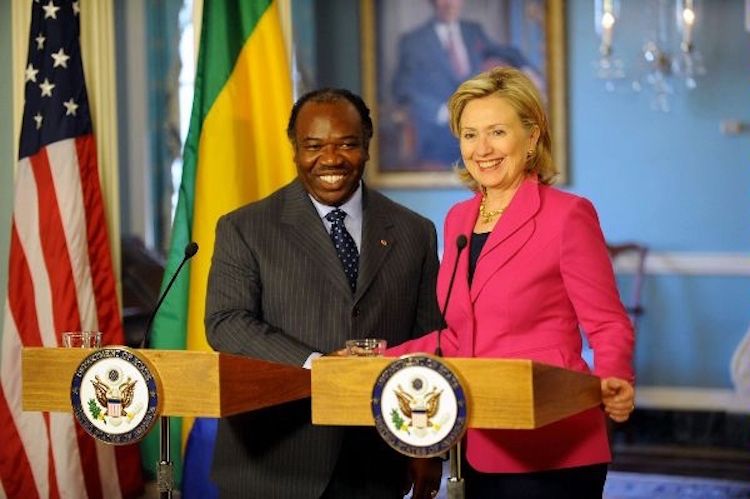
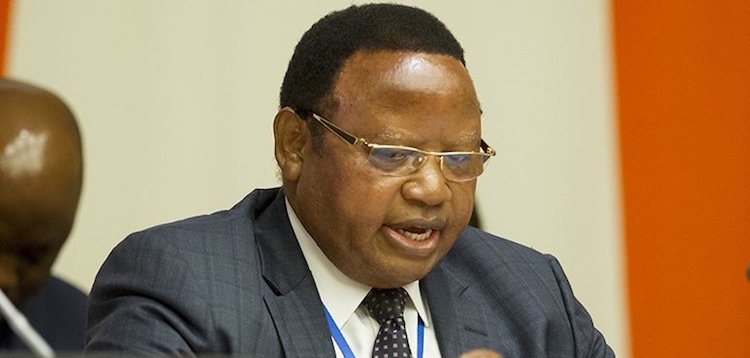

 NEW YORK (IDN-INPS) – “I’ve learned from sport that we have to make efforts to succeed. We get nowhere if we stay at the same place doing nothing,” says Adrielle Alexandre, a 12-year old young athlete from Rio de Janeiro, Brazil.
NEW YORK (IDN-INPS) – “I’ve learned from sport that we have to make efforts to succeed. We get nowhere if we stay at the same place doing nothing,” says Adrielle Alexandre, a 12-year old young athlete from Rio de Janeiro, Brazil.